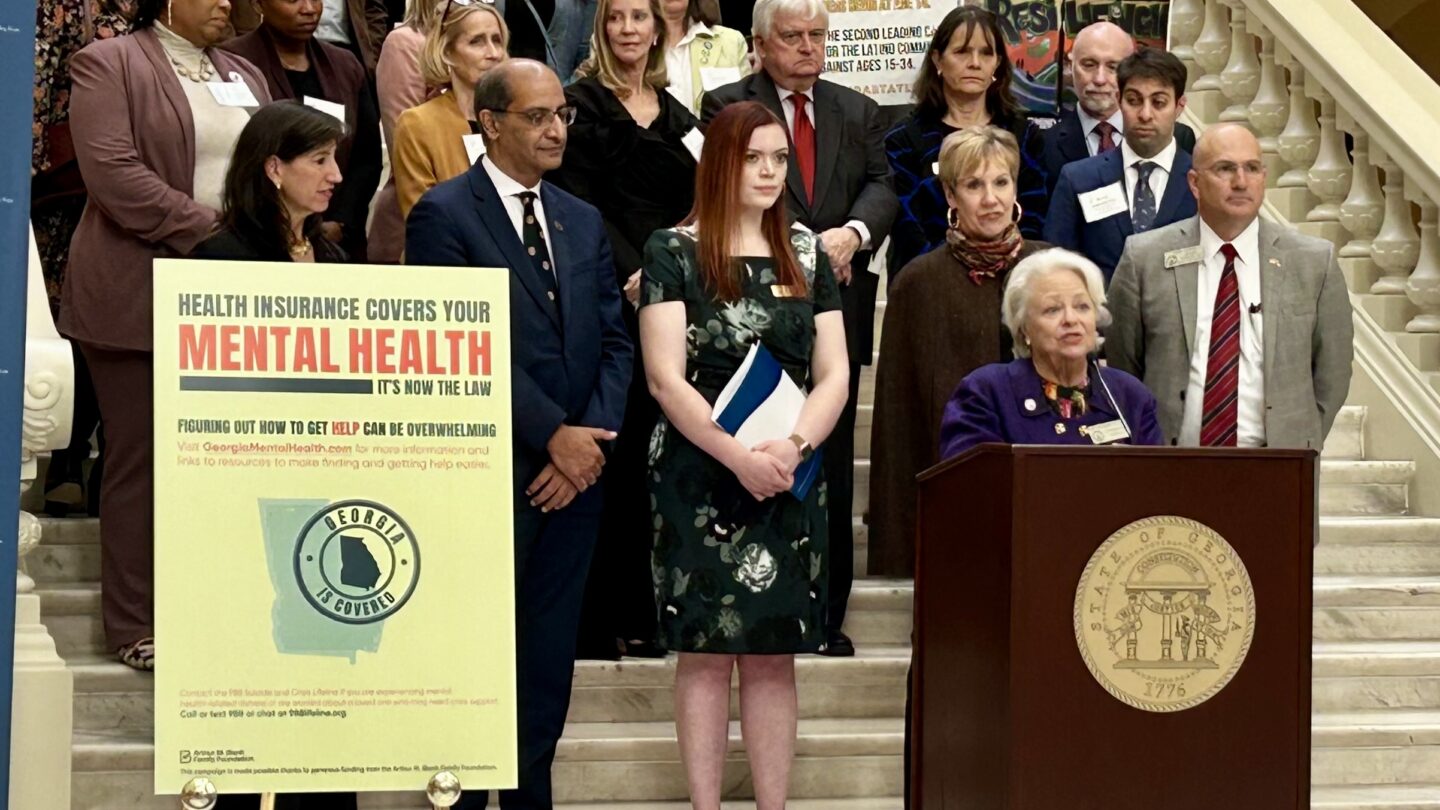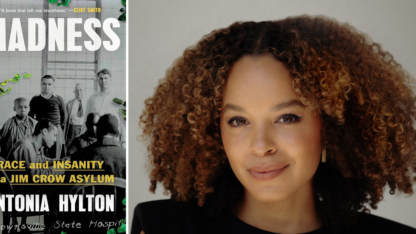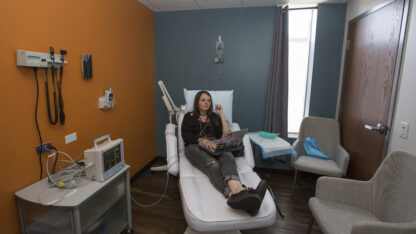Top Georgia House lawmakers eye new round of mental health, substance use treatment reforms

A coalition of top bipartisan state lawmakers is pushing for more mental health reforms this legislative session with House Bill 520.
The bill would expand the state’s mental health care and addiction treatment workforce and provide more resources to help people struggling with serious mental illness and homelessness.
Last year, H.B. 520 started strong but never made it to the governor’s desk.
Cumming Republican Rep. Todd Jones said the legislation is even more urgent this year and would go a long way toward helping what he calls “familiar faces.”
“Familiar faces — they are the individuals that are going between homelessness, our medical facilities and also our jails and our prisons. That’s a population that is a small population but it takes up a humongous amount of the resources we have for mental health and addictive diseases,” he said. “The second thing we want to be able to do is make sure we have workforce.”
Expanding the number of licensed mental health providers has been a major focus during the legislative session.
And House lawmakers have advanced legislation that would make it easier for more mental-health professionals, including the spouses of military service members, to become licensed to practice in Georgia.
Since H.B. 520 failed to pass last session, the state has completed a census of mental health beds to identify critical gaps in care statewide.
Jones said he’s hopeful the data would help garner the needed support for H.B. 520 to reach final passage this year.
It’s critical this year’s bill includes incentives to encourage further collaboration between Georgia’s many disparate groups that work with individuals who continually cycle between hospitals, jails and homelessness, he said.
“We need the hospitals and law enforcement, along with the homeless advocates, working together. We need the faith-based institutions that are in those areas helping with the homeless shelters to be able to come together and really solve at a local level,” Jones said.
H.B. 520 would also require agencies to establish and share best practices for caring for the so-called familiar faces population.
The bill would also fund county jail programs to regularly screen inmates for mental illness and substance-use issues and connect them with treatment services after release to the community.
Last year, Republican House Speaker Jon Burns told GPB’s “Lawmakers” he sees the state beginning to make more progress in improving mental health care and addiction treatment.
“We all know that mental health is an issue in almost every family in our state in one form or another. I’ve been very pleased with the work that Chairman Todd Jones and [Decatur Democratic Rep. Mary Margaret] Oliver, the other co-sponsor, are continuing to do, championing another mental health bill for us, and we’re taking that mantle from where we moved it from last year and in the issues we were trying to address,” he said.
H.B. 520 was intended as a follow-up package to H.B. 1013, which laid out several years of subsequent major reforms.
The law requires health insurers in Georgia to cover mental health conditions on par with physical ones, bringing the state into compliance with more than a decade of federal regulations.
The state Department of Insurance is charged with monitoring insurers’ compliance with the parity law — compliance that was spotty in the law’s first year, according to a recent report from the department.
“We will remain vigilant to ensure that the Mental Health Parity Act is implemented across the state and every Georgian understands their right to mental health care,” said Carter Center Chief Executive Officer Paige Alexander.
The Carter Center is also working to build awareness among Georgians statewide about their rights under the law.
It recently commissioned an educational campaign about the Mental Health Parity Act targeted to residents in Albany and Savannah that included social media, newspaper and radio ads, a website and other educational content.
The center then conducted surveys after the campaign.
“We are heartened by the results of the first mental health parity awareness campaign in Georgia,” said the center’s Mental Health Program Director, Dr. Eve Byrd, in a statement. “The campaign shows that, while passing the historic Mental Health Parity Act in 2022 was a vital step, we need to continue to educate the public about their mental health rights and closely monitor the implementation of the parity components of the law. We also encourage the public and all mental health stakeholders to stay engaged in the monitoring and implementation of this historic health law and, most importantly, seek care for your mental health as you would for all other health conditions.”
Among the survey’s findings, according to the Carter Center:
- The campaign resulted in a significant increase in awareness of rights to coverage under the parity law among women, Black, Indigenous, and people of color (BIPOC) communities. Before the campaign, 40% of women cited insurance as a barrier to mental health care. After the campaign, only 10% said insurance was a barrier, representing an improvement of approximately 75%.
- Perceptions of barriers to care decreased throughout the campaign. Respondents who worried that insurance would not pay for their mental health treatment dropped from 30% pre-campaign to only 13% post-campaign.
- The campaign led to an increased interest in seeking mental health care for children and dependents. The percentage of respondents making health care decisions for a child or dependent who said they would look for this type of care if needed increased from 38% pre-campaign to 59% post-campaign.
- The percentage of BIPOC respondents who said they were interested in but could not get mental health care or had not looked for it dropped from 34% before the campaign to 21% after the campaign. The percentage of BIPOC respondents who said insurance was a key barrier to them looking for mental health care dropped from 30% pre-campaign to 15% post-campaign.
Carter Center officials announced the results of the awareness campaign survey at a Capitol event this week celebrating Mental Health Parity Day.








